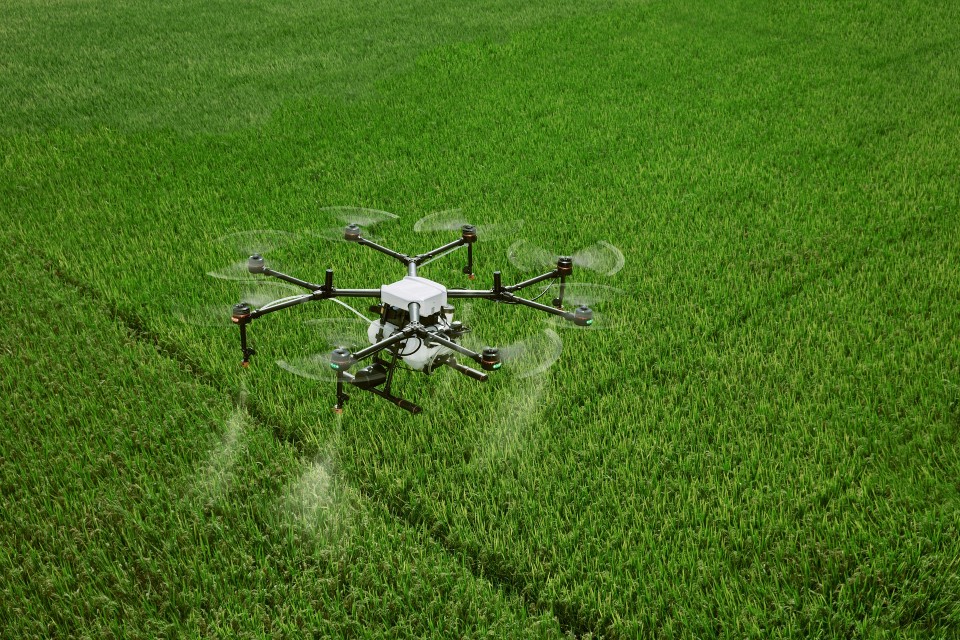Over the years technological advancements and new innovations have positively impacted the agriculture industry at a large scale. Artificial Intelligence (AI) will increasingly play a pivotal role in the agriculturesector’s technological progress. With the challenges of increased population, climate change, pest attacks etc., farmers will largely move towards AI-powered solutions because they can use digital solutions like prediction, alerts, quality control, precise measurementsfor crop inputsamong others to suggest solutions and manage field operations.
Precision agriculture is improving overall crop quality and accuracy with AI-based systems. AI detects plant diseases, pests, and soil quality on farms. With the aid of AI, weeds can be detected, and the best-suited crop input application can be determined. Thus, crop inputs are used less, and costs can be reduced.

By optimizing crop inputs, farms can become more sustainable, efficient, and safe for food production. As a result of artificial intelligence, spray schedules for herbicides and pesticides can be modified based on weed and pest activity rather than being based on fixed schedules.
Using geo-referenced satellite infrared and drone imagery, it is possible to predict pest attacks. This data can be utilized by farmworkers to protect their crops.
Plant sensors and multispectral images from satellites and drones are also used for crop health monitoring. Artificial intelligence solutions use this data to identify, or predict, diseases in crops using more complicated unsupervised machine learning algorithms. In this way, crop loss is reduced, and yield is increased. A machine learning solution can monitor drone footage and security camera footage for the detection of wild animals, birds, and humans who could damage crops. Farmers can monitor the weather forecast to avoid crop damage before heavy winds or rains begin.
AI in agriculture helps farmers reduce the use of resources while increasing crop yield and quality by switching their management strategies. Agricultural applications of artificial intelligence like irrigation, weeding, and spraying will save water pesticides and labour costs while preserving soil health. In turn, this will increase both productivity and quality of produced items.
Besides improving farm management, digital technology is also enhancing profitability and stability in the field.
Is it possible for AI to replace farmers’ knowledge? No, AI will strengthen the decision making process of a farmer and help him adopt crops, solutions that will suit the market and consumer demand. The use of technology will increase agricultural productivity and yields as well as qualitatively improve farmers’ lives.

